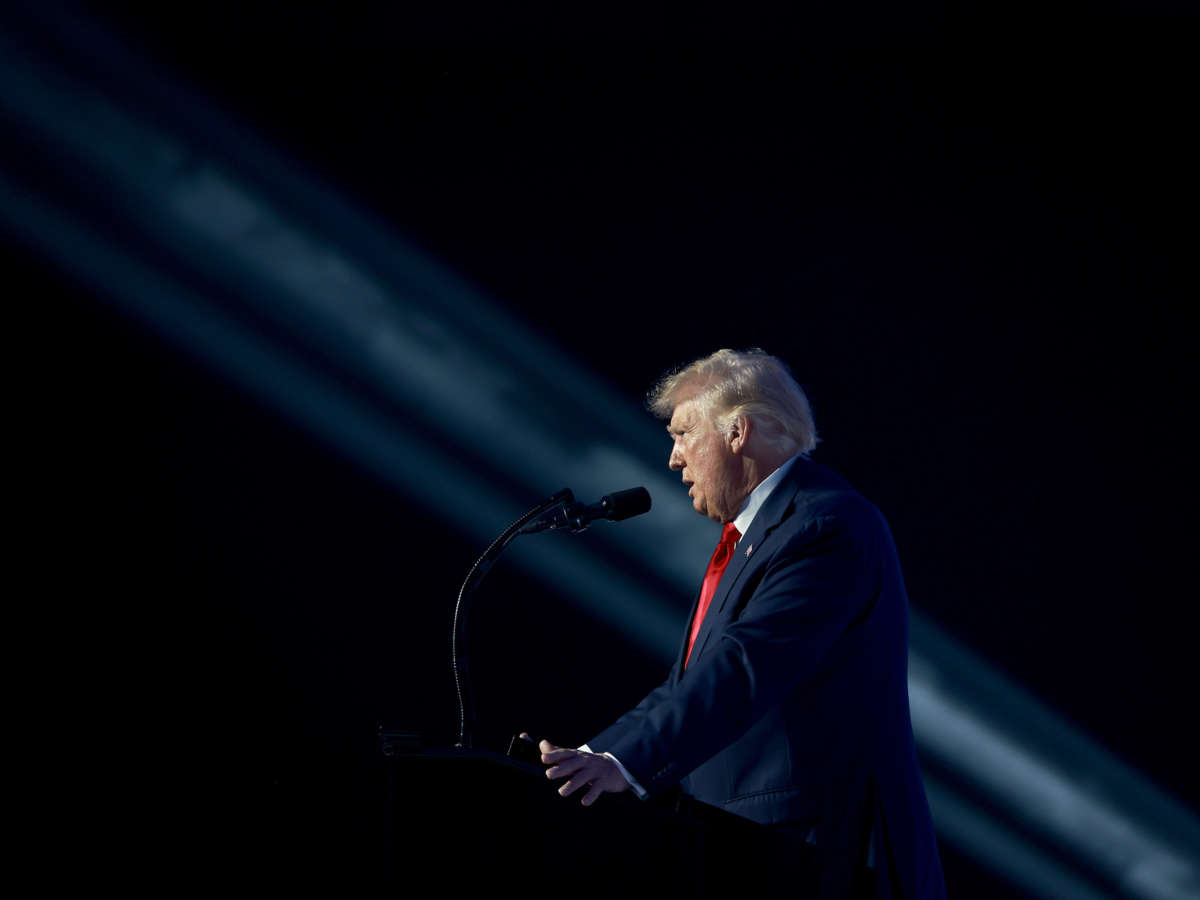On Thursday, House Democrats on the Oversight Committee announced that they have reached an agreement for Donald Trump’s former accounting firm to turn over “critical” financial documents that lawmakers say can help elucidate questions in their investigation into Trump’s finances and self-dealing.
Oversight Committee Chair Rep. Carolyn Maloney (D-New York) announced in a statement that lawmakers had struck the deal with Mazars USA and Trump himself after a years-long legal battle over the records that Trump had attempted to hide. The committee had originally issued a subpoena for the documents in 2019.
The records will be “key” to the lawmakers’ “investigation into President Trump’s unprecedented conflicts of interest, self-dealing, and foreign financial ties,” Maloney said. “These documents will inform the Committee’s efforts to get to the bottom of former President Trump’s egregious conduct and ensure that future presidents do not abuse their position of power for personal gain.”
One of the big questions around Trump’s business finances is whether or not he and the Trump Organization have committed fraud. The Oversight Committee is also investigating potential conflicts of interest Trump may have had while in office as well as possible cases of self-dealing.
In February, Trump’s former personal attorney Michael Cohen testified that Trump regularly lies about his finances – deflating the value of his assets to dodge taxes while inflating their value when it “served his purposes.” The ex-president would do the latter for a number of reasons, Cohen said, including to obtain a large bank loan, adding value to his brand or pure vanity.
Cohen shared portions of Trump’s financial documents with the committee, “which raised questions about President Trump’s representations on these forms and other financial disclosure documents, particularly relating to the President’s debts,” the committee wrote on Thursday. Cohen also testified that Trump and his business trust had reimbursed illegal payments during his 2016 presidential run.
Before Cohen’s testimony, Mazars had broken up with the Trump Organization, saying that the company’s financial records from 2011 and 2020 “should no longer be relied upon,” as Mazars general counsel William Kelly said. This is a particularly damning statement, experts say, and likely portends legal trouble for the former president and his businesses.
Mazars came to light as a result of a wide-spanning investigation into Trump’s businesses by New York State Attorney General Letitia James, who earlier this year alleged that Trump’s family business has continually engaged in “fraudulent or misleading” financial practices in order to boost its bottom line.
Trump has filed several lawsuits in trying to conceal the financial records, including one to block the release of the Mazars documents to the House lawmakers and one to block James’s investigation, which was dismissed by a federal judge in May.
The committee has already found some questionable financial practices among the documents they previously obtained from Mazars; in October, lawmakers found that Trump had provided misleading financial information in his lease application for a Trump International Hotel.


